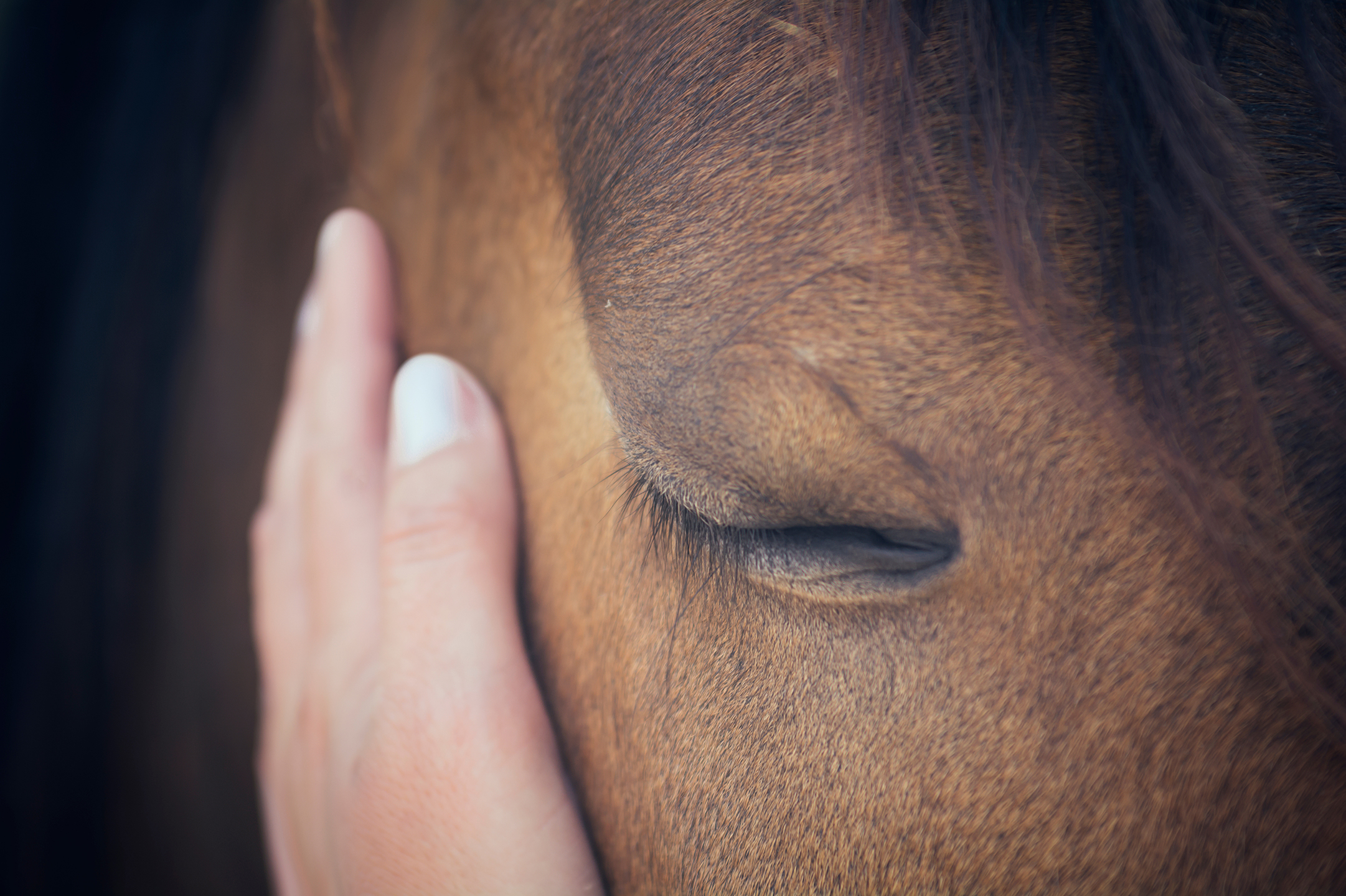Animal Chiropractic
Enhancing the quality of your pet’s active and healthy lifestyle
Offering non-surgical, drug-free options for correcting biomechanical, neurological, disc, and soft-tissue disorders related to a fixation in the spine or a joint.
Offering non-surgical, drug-free options for correcting biomechanical, neurological, disc, and soft-tissue disorders related to a fixation in the spine or a joint.
Pets hold a place of emotional importance in our lives. Animal chiropractic is a safe and effective manipulation technique utilizing a non-force instrument to deliver energy into a fixated spinal segment to elicit joint mobilization and ultimately, neurological changes that induces healing.
A variety of disorders can be treated with chiropractic including:
Chiropractic will not replace the need for veterinary care, but may be used in conjunction to benefit the health and well being of your pet. Veterinarians are utilizing animal chiropractors more and more in their offices.Treatment can be utilized to maintain athletic performance and flexibility and reduce the risk of, if not avoid all together, injury.
By working in conjunction with veterinarians, animal chiropractors examine and treat areas of the functional nervous system that often go unnoticed by traditional veterinary care.
Animal chiropractic is integrated with veterinary primary care and does not involve medications, surgery or injections and is not intended to assume the primary health care responsibility of animals.
